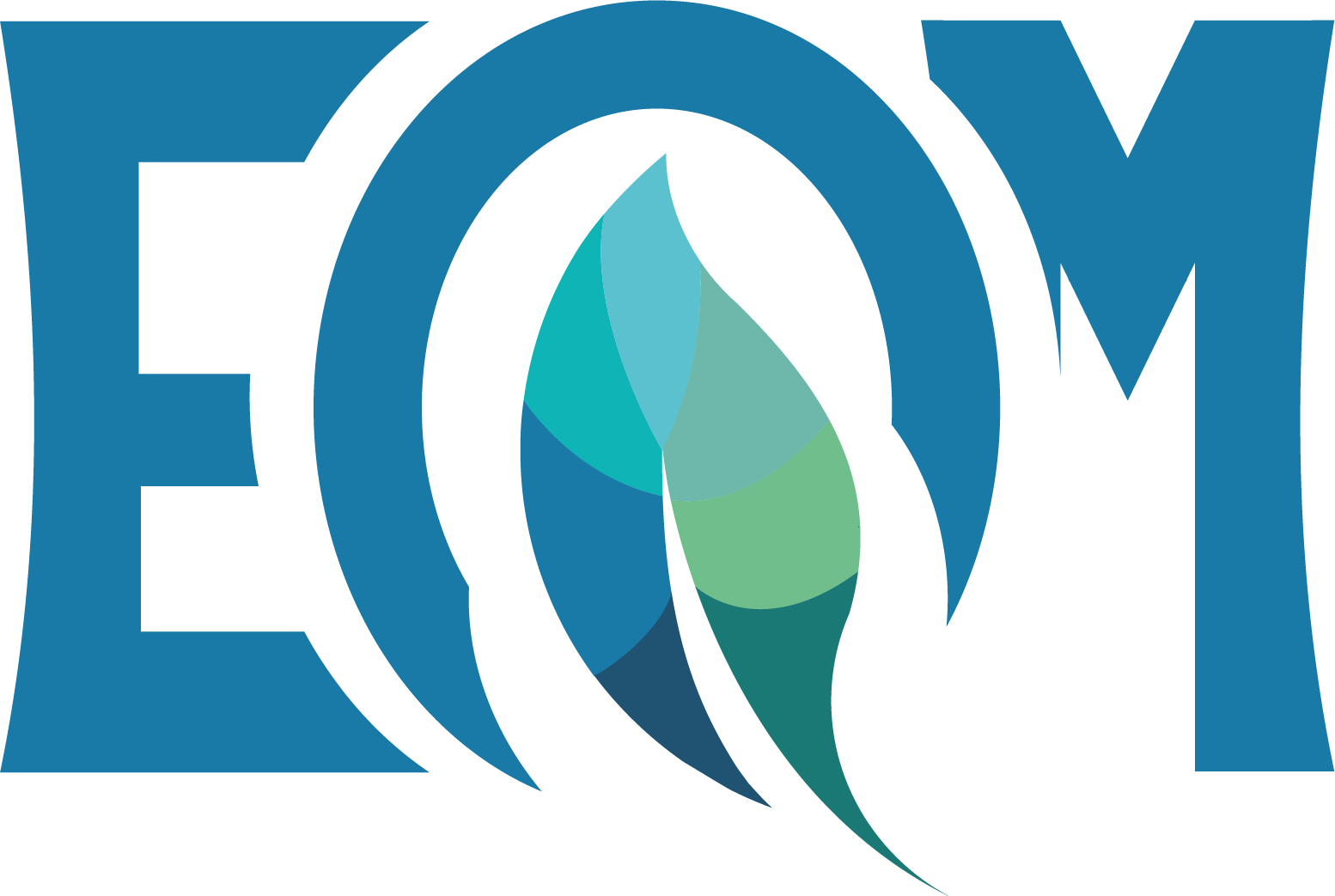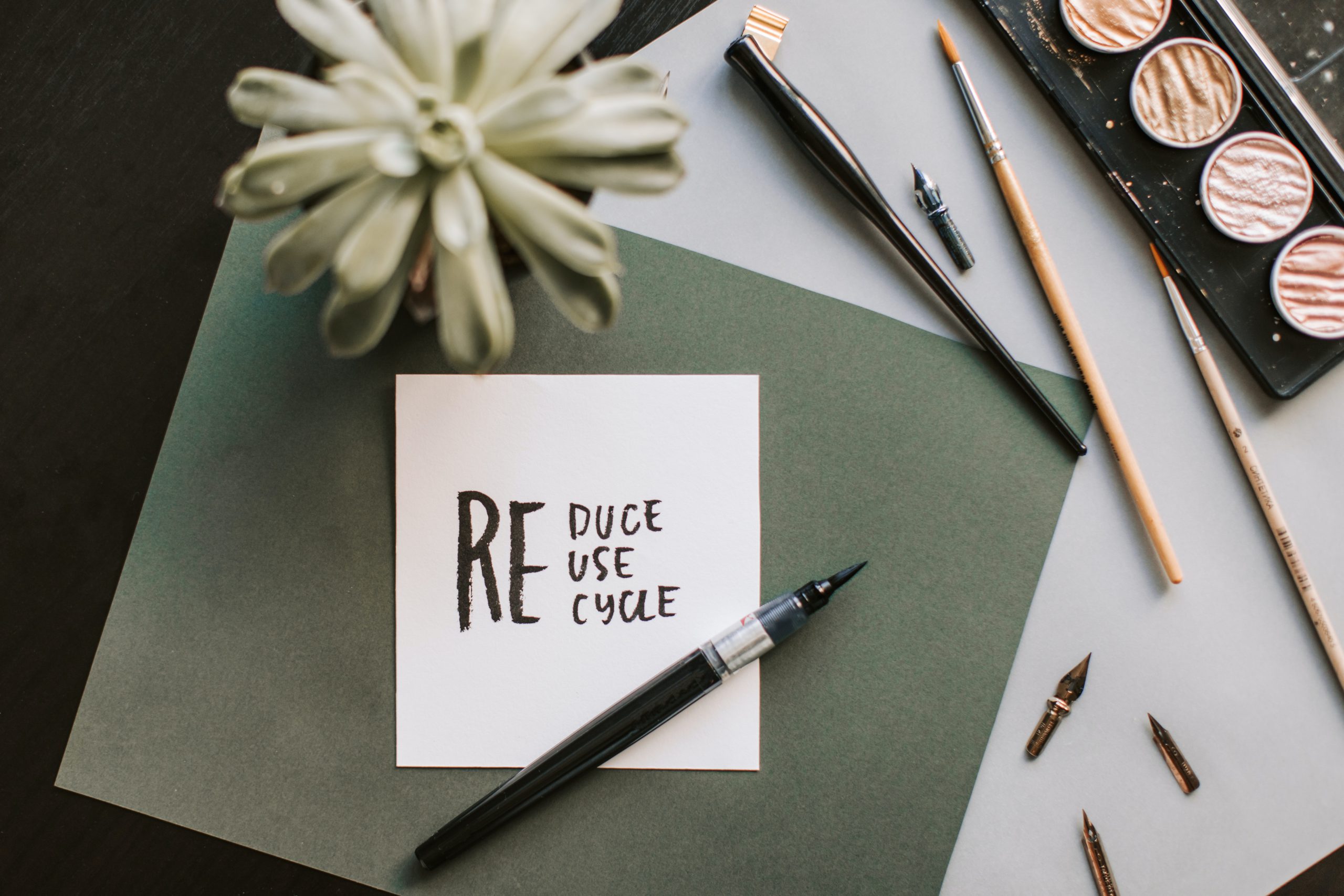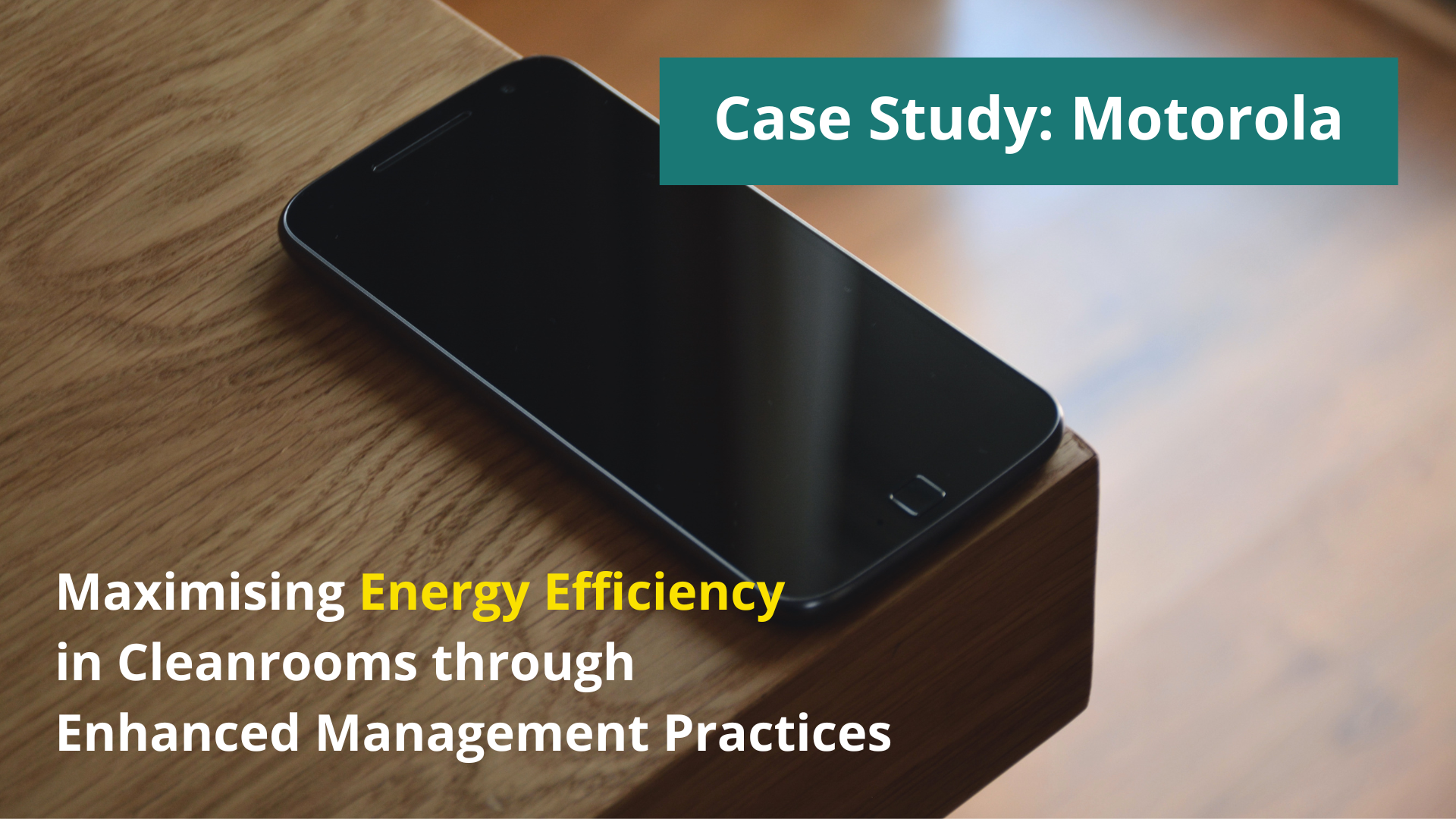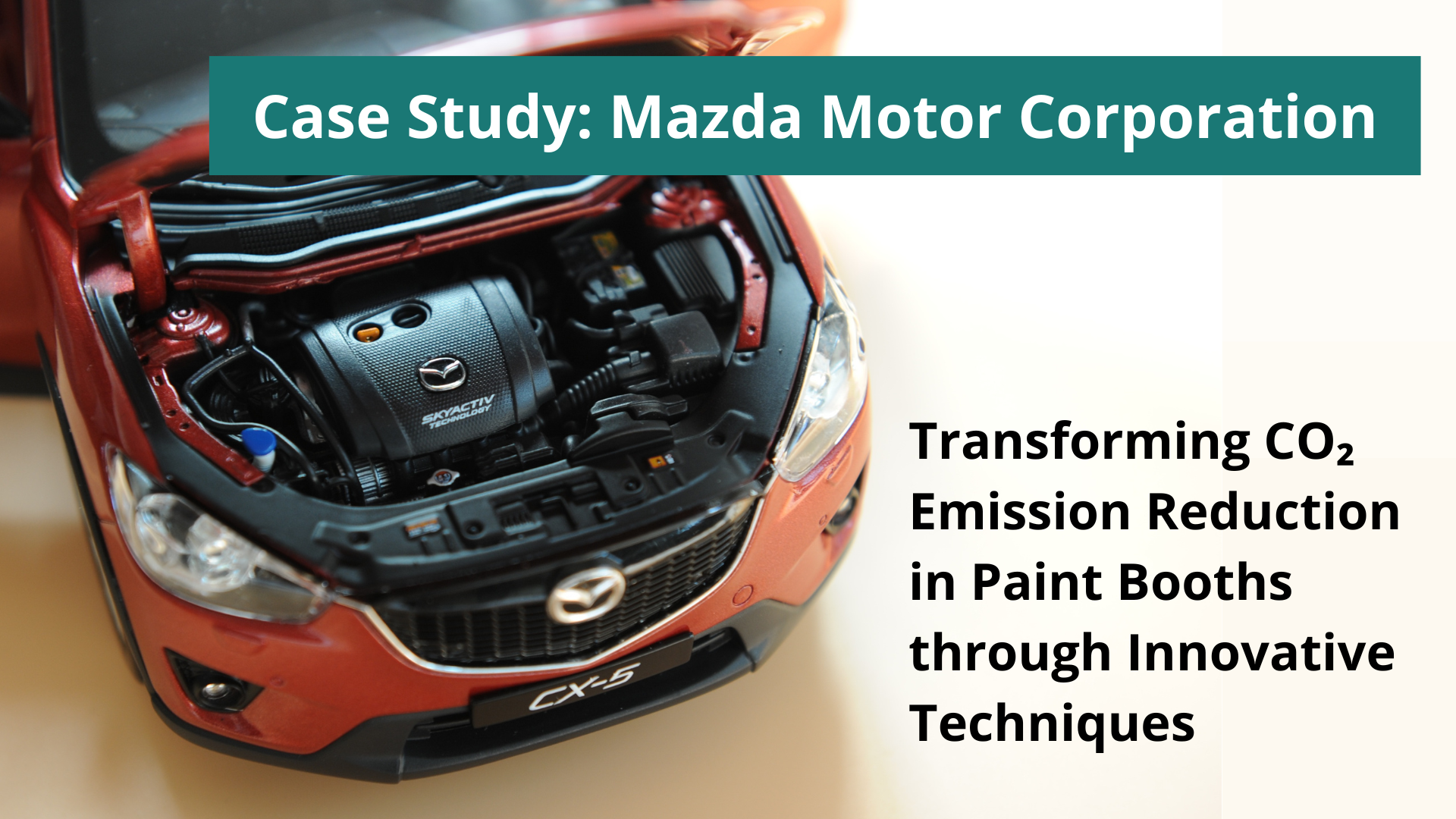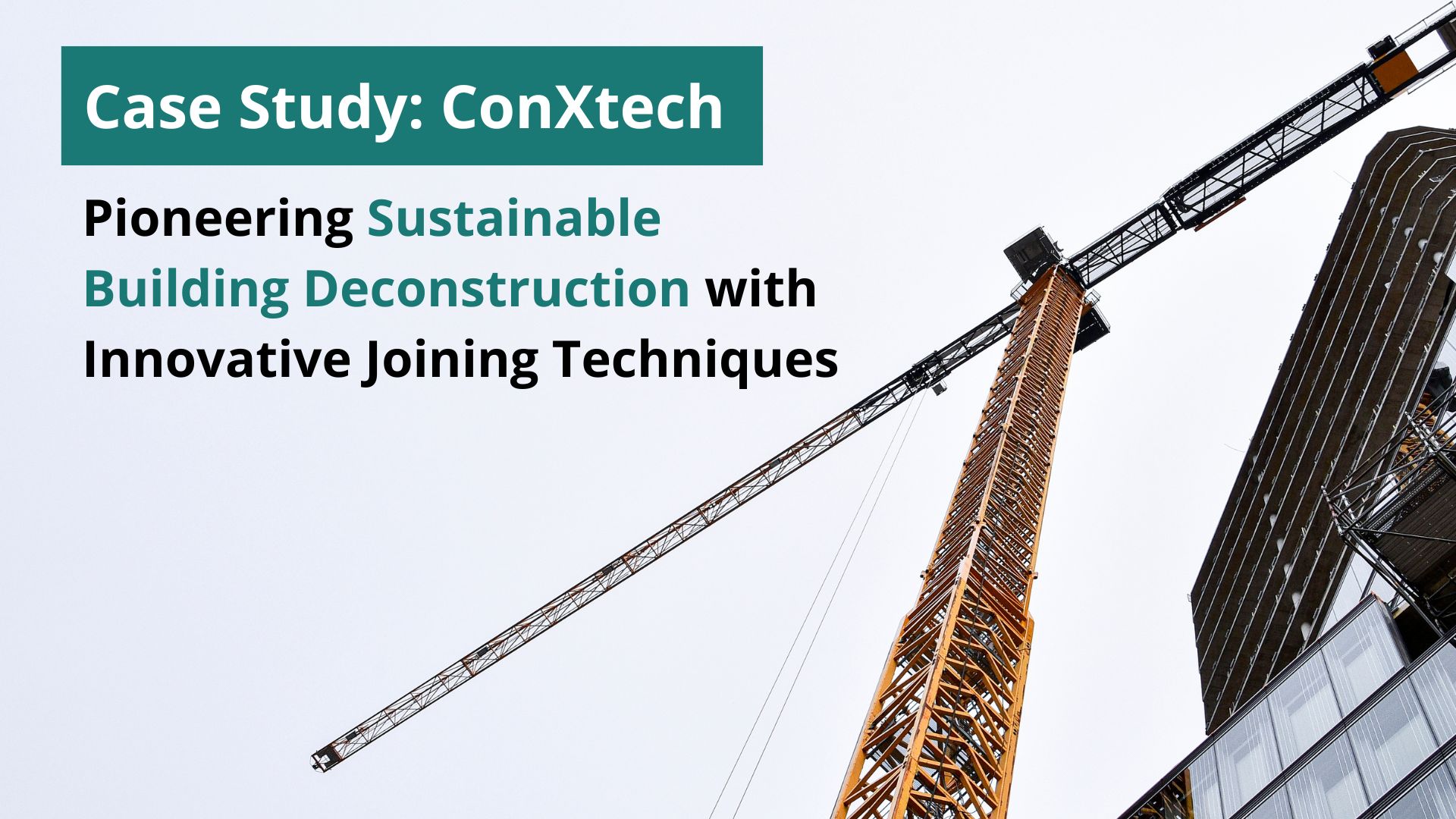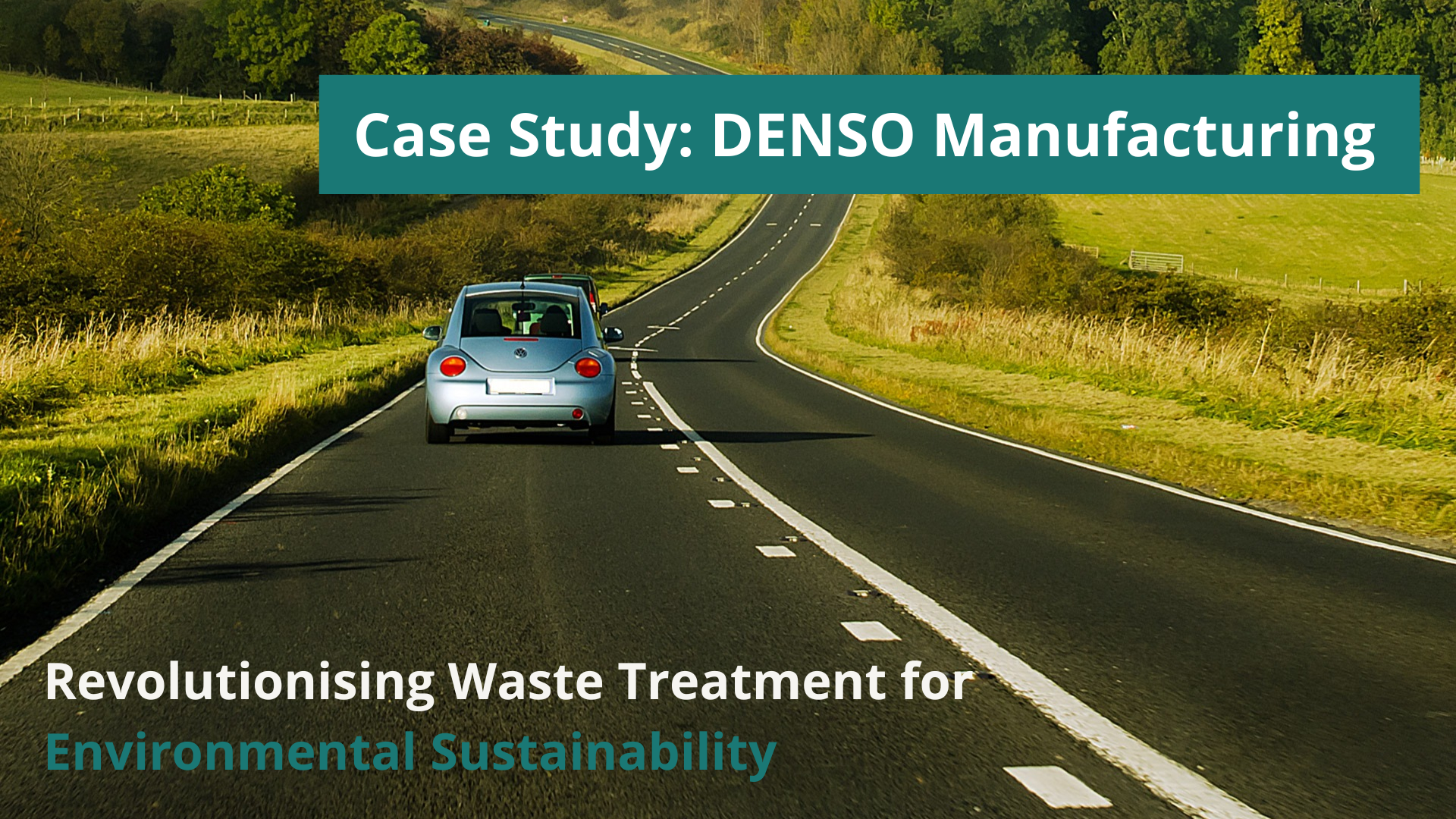
Some small business owners are unconcerned with their environmental impact because they think they aren’t contributing to the declining global conditions.
But all businesses, whether big or small, have their impact on the environment. As the world is becoming more aware of our individual impact and contribution to climate change, consumers are moving towards more sustainable, eco-friendly, and biodegradable products. 43% of customers expect businesses to be accountable for their environmental impact, and customer focus on sustainable business practices even escalated during the Covid-19 crisis. Customers from both markets – B2B and B2C, are willing to pay more for a product or service if they know that it has eco-friendly origins.
Many businesses worldwide are implementing more sustainable options and are steadily moving towards implementicg circular economy practices and replace their existing inear models. But if you are a new business with little to no knowledge of your current carbon footprint, how exactly can you become an eco-friendly organisation? To understand that, we need to explore the circular economy and the 9Rs.

Circular Economy
The linear economy is when we take raw materials from the earth, convert them into products, and then eventually, when the products have fulfilled their purposes, we discard them. This type of economy generates millions of tons of waste that just ends up in landfills. According to the UK statistics on waste, the UK produced 222.2 million tons of waste in 2018. Not only is it incredibly difficult to manage this massive amount of waste, but it also isn’t sustainable. This is where the circular economy comes in! The term was first coined in the 1970s, but since then, industries have failed to make the change to it. But recently, a new model has been introduced to help implement circular economy and is called the nine “R” strategy.

Refuse, Rethink, and Reduce (R0-R2)
These three are the first and the shortest loops of the ‘R’ system because they eliminate and avoid waste at the designing stage itself by introducing smarter planning and eco-friendly designs. By rethinking the design initially, the materials and efforts required to create the products will be minimised, leading to lower production and the higher degree of circularity.
Reuse, Repair, Refurbish, Remanufacture, and Repurpose (R3-R7)
These are medium loops or tiers that try to eliminate waste after it is already generated. Once the consumer is done with a product, they will naturally discard it. But if we carefully dismantle the product and reuse it for a different product, we can extend its lifespan. This can lower the cost of materials and reduce large amounts of waste.
Recycle and Recovery (R8-R9)
These are the biggest hurdles in creating a circular economy because you need machinery and energy output to turn “waste” into something that can be used again. And even after it is recycled, it may not have the same value as before. Besides that, there might be constraints on the number of recycling cycles. Metals usually can be easily recycled many times, whereas plastics can only be recycled few times without a massive impact on the quality of recycled material.
Sustainable SMEs are the future, but it is not always easy to change. If you are having difficulty implementing green strategies in your company, you can always get in touch with external expert to discuss your case.
If you are looking for a consultant that is experienced in implementing environmental management systems, then consider choosing EQM Consult. We help SMEs to comply with the ISO 14001 standard and create strong environmental and quality management systems.
Contact us for a free consultation to discuss your case and we will see if we can help your company to become more eco-friendly and sustainable.
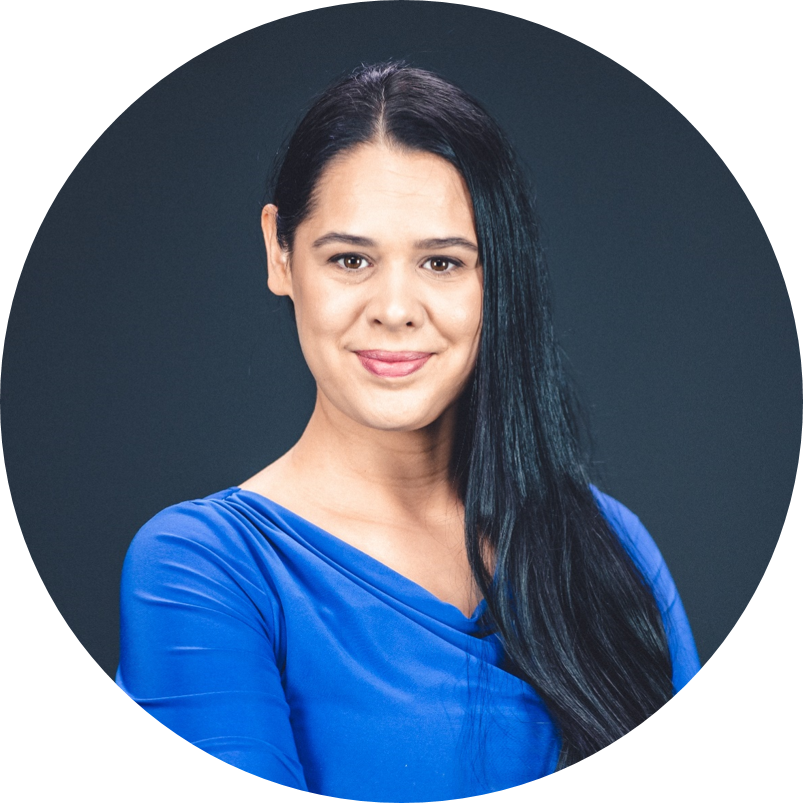
Ph.D. Beata Paliwoda
Founder and Owner of EQM. Environmental and quality consultant and auditor. Professional career built in Quality Assurance departments in various companies from the automotive, aerospace, railway industries, as well as a management systems consultant. Successfully completed many complex projects related to the implementation of management systems, process improvements and business transformation. Auditor of ISO 9001, ISO 14001, AS 9100, project manager of APM, lecturer at the Poznan University of Business and Economics, researcher on the effectiveness of EMS and QMS in organisations.
